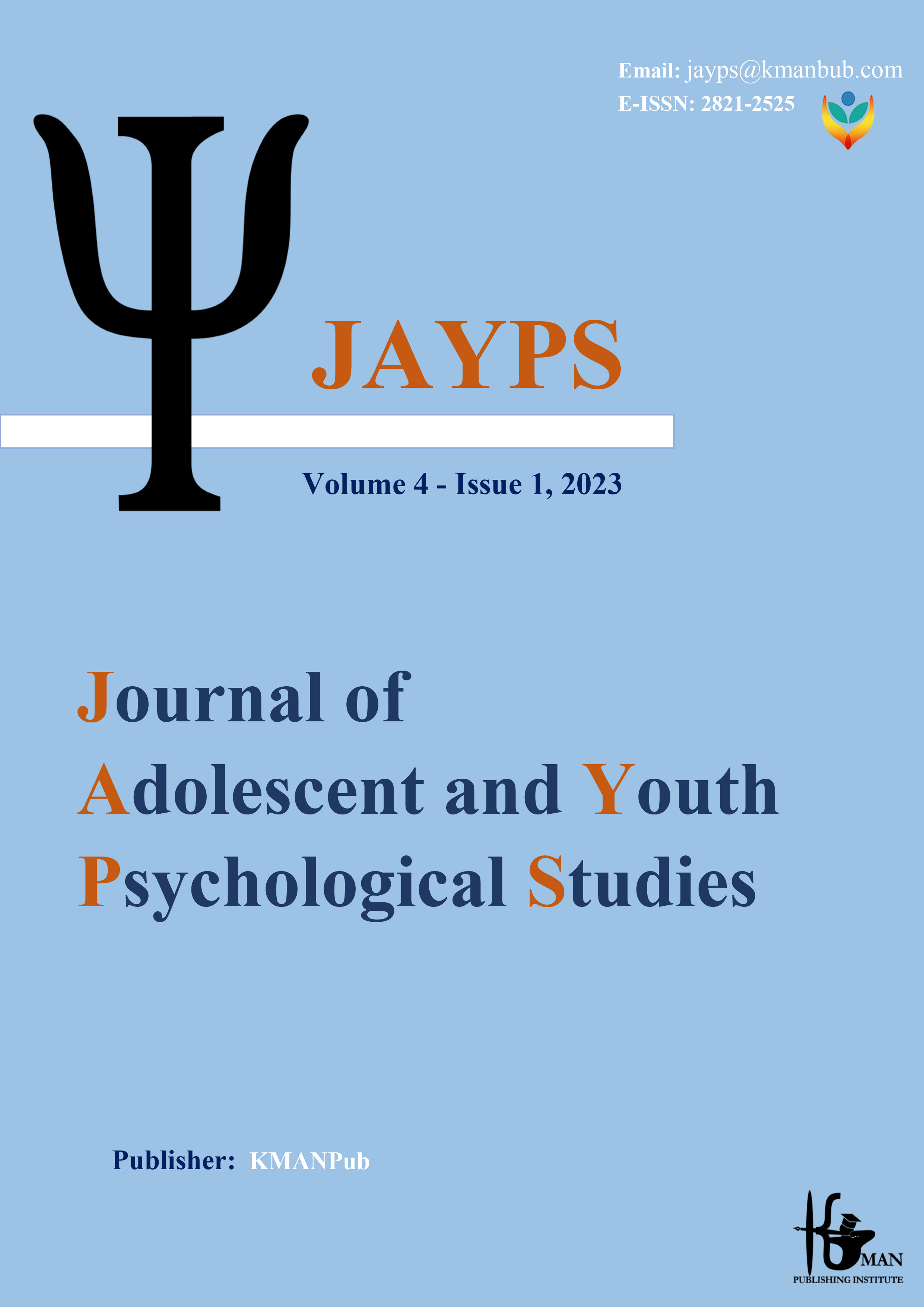Analysis of structural equations in the relationship between family communication patterns with tendency to critical thinking and students' happiness with the mediating role of cognitive flexibility in students
Keywords:
family communication patterns, critical thinking tendency, happiness, cognitive flexibilityAbstract
Background and Aim: Critical thinking skills in itself are a type of cognitive skills that emphasize on cognitive strategies and the aspect of tendency to critical thinking, on the attitudinal components of thinking and the internal motivation to solve problems. The present study was conducted with the aim of determining the fit of the model based on the relationship between family communication patterns with tendency to critical thinking and happiness with the mediating role of cognitive flexibility in students. Methods: The current research method was descriptive-correlation type. The statistical population of this study was the female students of the second grade of public schools in Chalus city. Using random cluster sampling, a sample of 319 people was selected. The data collection tools were Ricketts (2003) critical thinking tendency questionnaire, Dennis and Vanderwaal (2010) cognitive flexibility questionnaire, Koerner and Fitzpatrick (2002) communication patterns questionnaire and Oxford happiness inventory (Argyle et al., 1989). Data analysis was done by Pearson correlation method. Results: It showed that there is a positive and significant relationship between family communication patterns with tendency to critical thinking (r=0.34; P<0.05) and happiness (r=0.35; P<0.05). There is a positive and significant relationship between cognitive flexibility with tendency to critical thinking (r=0.73; P<0.01) and happiness (r=0.69; P<0.01). Conclusion: Based on the results of structural equation modeling, the model based on the relationship between family communication patterns with tendency to critical thinking and happiness with the mediating role of cognitive flexibility in students has sufficient fit. It is expected that the effect of factors such as family communication patterns and cognitive flexibility on increasing happiness and tendency to critical thinking in students will be noticed by researchers and educational planners and consultants.
Downloads
Downloads
Published
Submitted
Revised
Accepted
Issue
Section
License

This work is licensed under a Creative Commons Attribution-NonCommercial 4.0 International License.









